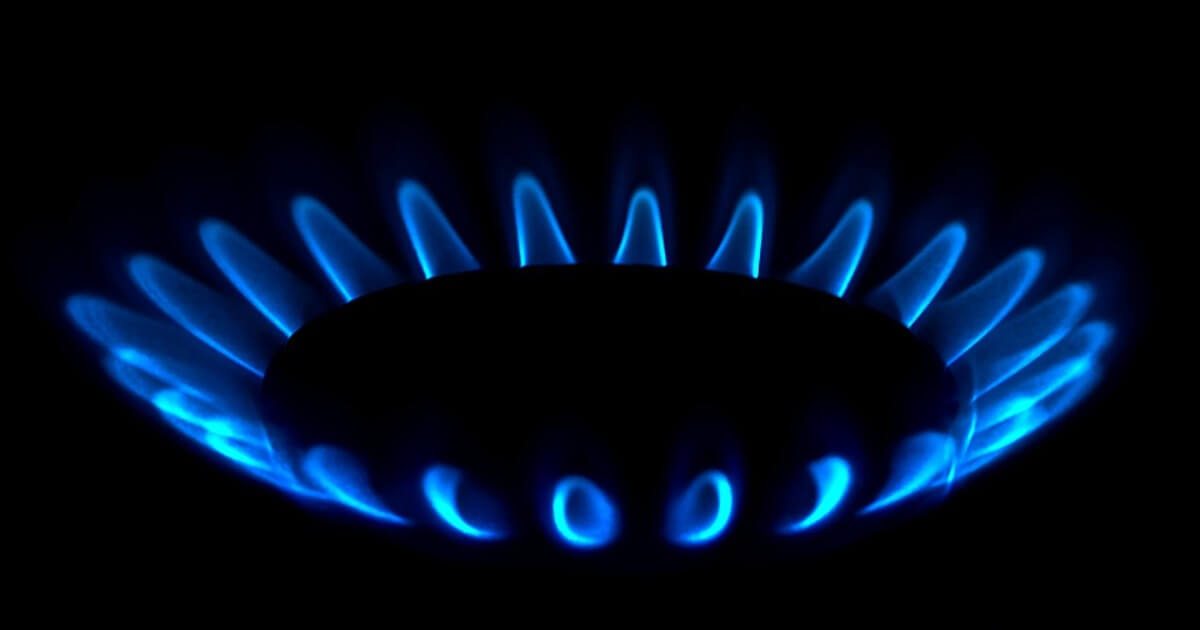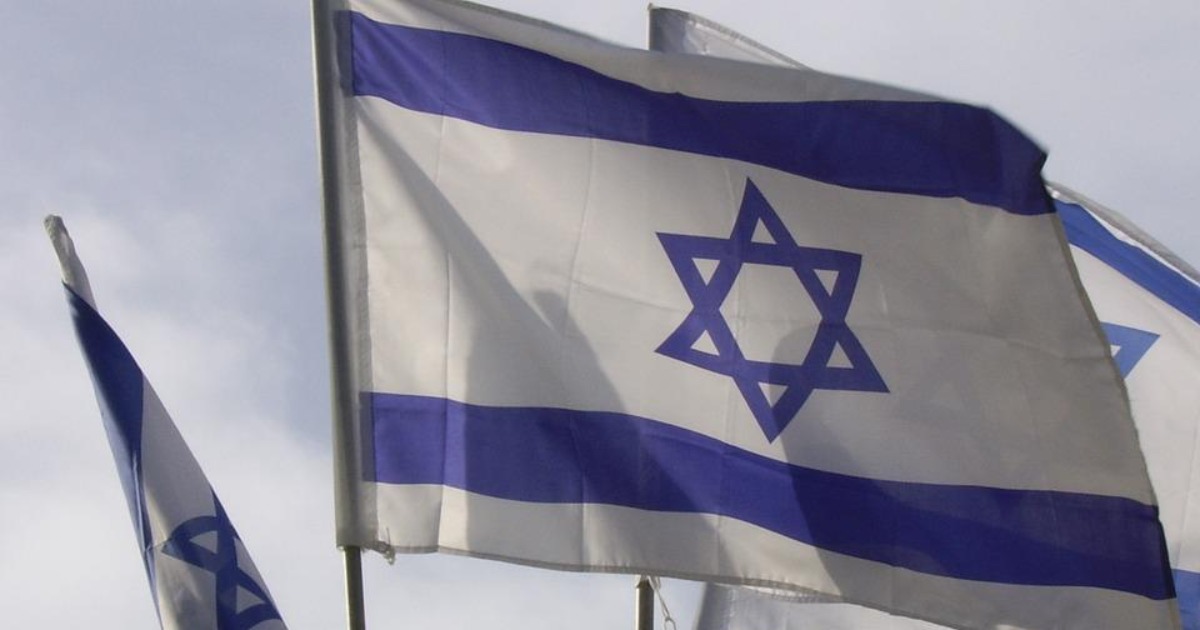Gazprom: The Dark Shadow Over Europe
In the run-up to the Ukraine invasion, Gazprom has conclusively proven that it is not a business but a politico-military enterprise – a central part of Putin’s war-making kit.
April 14, 2022

A Global Ideas Center, Strategic Intervention Paper (SIP) from the Global Ideas Center
You may quote from this text, provided you mention the name of the author and reference it as a new Global Ideas Center, Strategic Intervention Paper (SIP) published by the Global Ideas Center in Berlin on The Globalist.
After Vladimir Putin’s brutal war on Ukraine, for civilized Europe there can be no easy return to business as usual with Russia. That applies even if a peace treaty were to be concluded between Russia and Ukraine soon.
No rational company would act like this
That reality is underlined by Gazprom’s behavior in the energy sector well before the Ukrainian invasion. From the spring of 2021 Gazprom departed from its now decade plus commercial practice of supplying the spot market and refilling European storages.
The consequences for European consumers and industry have been extremely damaging. A significant price hike caused by surging demand as economies such as China reopened post-Covid was turned into an unprecedented price spiral.
Gazprom deliberately turned an expensive winter caused by high demand into a major supply energy crisis. It thereby undermined its own reputation, triggered a huge demand destruction as well as a switch to alternative fuels.
Gazprom’s acts of aggression – and self-destructiveness
In essence, the company is no rationally acting business enterprise keen on protecting its customer base and long-term business prospects. Rather, it is a tool in the Kremlin’s toolbox for war.
Unlike the Russian army, Gazprom at least proved competent in executing its acts of aggression (although it is ultimately no less self-destructive than Putin’s military).
Gazprom preparing the ground for war
The company’s behavior cannot be commercially justified. So why did Gazprom choose to act like this?
The answer appears to be that starving the European gas market of supply and refusing to refill storages was a softening up exercise ahead of the invasion.
The Kremlin wanted Europeans to face high prices and feel dependent on Russian gas before it launched its brutal assault on Ukraine.
The hope in Moscow was that under such energy pressure Europe would fail to come to the aid of Ukraine. This was a misreading of Europe’s willingness to act.
Gazprom’s behavior in Ukraine context has one obvious regulatory and political consequence: Its longer-term strategy to be a major player on the hubs that feed the European gas market is over.
To understand its pernicious, politico-military behavior, just consider this one fact: The International Energy Agency (IEA) estimated that 50% of the deficit in European storages was due to depletion of Gazprom-owned storages, despite the fact that Gazprom only owned 10% of European storages.
The effect of such rapid draining of storages was to leave European dangerously low of gas storage at the height of winter, increase market panic and further push up gas prices.
The rationality of the Soviets – gone
That Gazprom abandoned its normal commercial practice, which it had followed for over a decade, proves that it has morphed into the tool of aggression that the company’s detractors in Europe had long warned about.
The company has now effectively abandoned the overarching goal it was after ever since it sent the first natural gas to Western Europe in 1967 – to always reinforce the belief across Western Europe that it was a reliable supplier.
The deal with Europe: Broken forever
The underlying principle of the reliable supplier thesis since the 1960s had been that the Europeans needed gas and Moscow needed to supply it.
Physically speaking, that is true even now. Gazprom has nowhere else to obviously sell that gas. There are no pipelines to China for this gas and, much like Germany(!), Russia has no liquid natural gas facilities at scale to deploy.
After February 24, 2022 – the opening day of the war on Ukraine – Gazprom’s reason for its departure from its usual commercial practice is much clearer.
Gazprom departed from its decade plus commercial practice in order to soften up the European Union. It wanted to create a sense of dependence and a population alarmed at the prospect of high energy prices, which would mean that the EU would stay silent while Ukraine was invaded.
However, the EU proved much more resilient than Moscow contemplated by supporting the SWIFT cut off, freezing of financial reserves and military support to Kyiv.
Why Gazprom’s exit from Europe will stick
Any observers in Germany or Austria, for example, hoping to unwind the recent past are essentially deluding themselves.
Article 11 of the EU Gas Directive 2009 requires an assessment of whether a non-EU owner can constitute a threat to supply security. Given Gazprom’s recent behavior, it is difficult to imagine even if sanctions were ever lifted on Gazprom owned Nord Stream 2, the pipeline would ever be able to pass an Article 11 assessment.
But it is not just Nord Stream 2 over which there is a long shadow it is also all Gazprom assets in Europe. Can anybody in Europe with even a shred of intelligence and/or self-respect even feign to imagine that Gazprom or any other Russian entity should own Nord Stream 1? Or share in any other pipeline network in Europe – or own any storage facilities ever again?
Next to no way out for Gazprom
Notably, this is not just a question of assets – but also supply. Which tightens the noose around Gazprom even further.
The reason for this is simple: If, in the abstract, Gazprom were to continue to supply gas to the EU market, then that supply surely has to be regulated to ensure EU markets cannot be manipulated for political or even military objectives.
And nobody with a sane mind would allow Gazprom ever to pass the test. That is so for a simple reason: In the run-up to the Ukraine invasion, Gazprom has conclusively proven that it is not a business but a politico-military enterprise – a central part of Putin’s war-making kit.
The company has thus made the arguments against its inclusion in the European gas market in a manner only its hardest detractors thought possible.
Takeaways
For civilized Europe, there can be no easy return to business as usual with Russia –even if a peace treaty were to be concluded between Russia and Ukraine soon.
Gazprom is no rationally acting business enterprise, keen on protecting its customer base and long-term business prospects. Rather, it is a tool in the Kremlin’s toolbox for war.
Unlike the Russian army, Gazprom proved at least competent in executing its acts of aggression (although it is ultimately no less self-destructive than Putin’s military).
The hope in Moscow was that under such energy pressure Europe would fail to come to the aid of Ukraine. This was a misreading of Europe’s willingness to act.
In the run-up to the Ukraine invasion, Gazprom has conclusively proven that it is not a business but a politico-military enterprise – a central part of Putin’s war-making kit.
Gazprom has made the arguments against its future inclusion in the European gas market in a manner only its hardest detractors had thought possible.
A Global Ideas Center, Strategic Intervention Paper (SIP) from the Global Ideas Center
You may quote from this text, provided you mention the name of the author and reference it as a new Global Ideas Center, Strategic Intervention Paper (SIP) published by the Global Ideas Center in Berlin on The Globalist.


